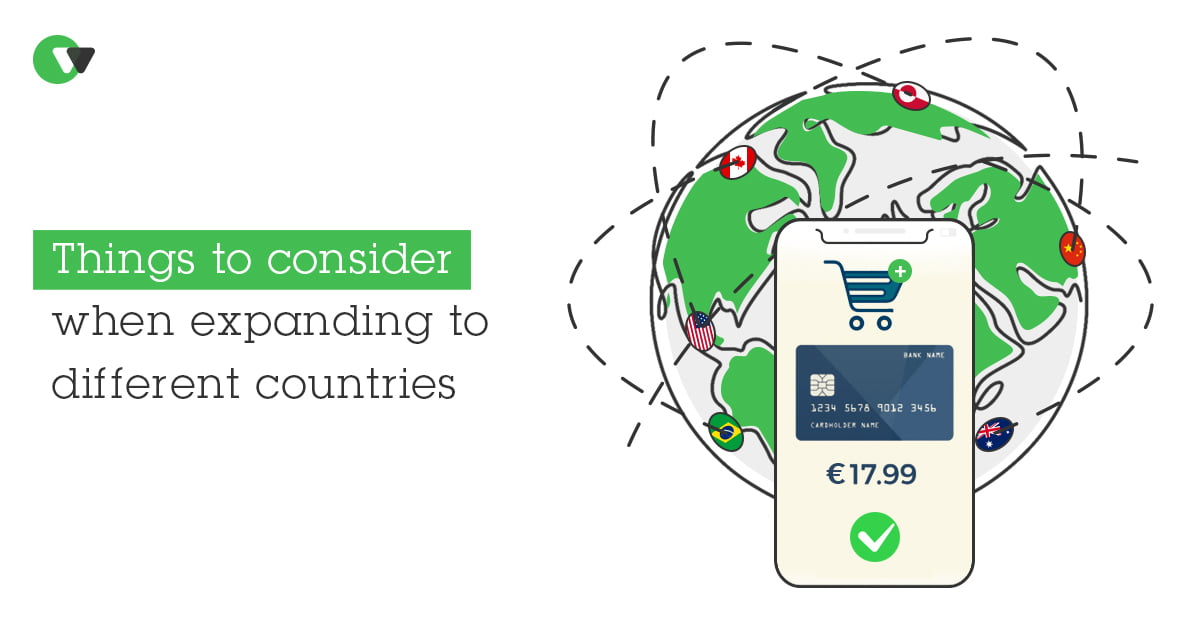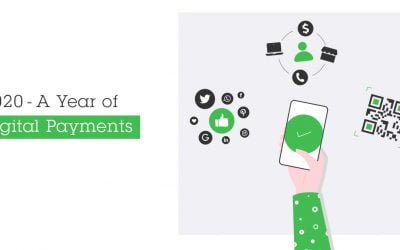
Things to consider when expanding to different countries
As the economy becomes more digital and interconnected across borders, the trend towards global eCommerce steadily grows. Merchants are looking for new ways to build trust among their global audiences, who demand fast, reliable, and accessible payments. While on the surface this process may seem simple, a lot of effort actually goes into optimizing cross-border transactions. Namely, this entails adding local payment methods, a robust fraud solution, integrating with multiple acquirers, and setting aside time for cumbersome reconciliation. These points shall be further expanded on below:
Adding local payment methods are instrumental for success
It is essential to investigate the local and most commonly used payment methods depending on the country. According to one report about 50% of regular online shoppers abandon their shopping carts if their preferred payment method is not offered. Neglecting local preferences could in turn lead to lost sales. Evidently, local payment methods can either make or break an international venture. The challenge lies in the fact that many payment companies do not offer these methods and adding them might take several months. This process can stall merchants’ expansion plans and cause frustration if merely not having a local payment method is what is holding them back. Read more about this on our blog Most popular payment methods in the five largest EU e-commerce markets
Online fraud is a growing hazard
Online fraud is another payment challenge that businesses should consider when entering a new market. Juniper Research found that global online payment fraud cost $17 billion for eCommerce merchants in 2020. Additionally, European Consumer Centers have reported that digital payment fraud is extremely prevalent in cross-border eCommerce, since payment processes are more fragmented and in turn exposed to more risk. International trade also inherently involves different market profiles in terms of customer shopping behavior, consumer protection policies, and alternative payment methods, which means that existing fraud prevention tools might be insufficient in detecting new fraud patterns. Thus, merchants should certainly view fraud as an aspect of high-priority and upgrade their fraud detection to be specifically tailored for cross-border eCommerce. This could be achieved by partnering with a payments partner that offers a fraud solution based on machine learning that could detect new fraud patterns.
A multi-acquirer setup demands integration prowess
When operating in different online markets, merchants need to integrate multiple acquirers. Each acquirer has particular set-up terms and regulations that make this process long and unpredictable. Once again, this could hinder merchants’ ability to expand promptly and affect their business planning. Therefore, it is essential for their payments provider to be agile and offer an acquirer agnostic platform, which allows quick integrations with new acquirers and no unprecedented delays.
Automated reconciliation leads to lower risk and cost
The reconciliation process of cross-border payments can also present obstacles post-expansion. With different acquiring banks, complex accounting systems, and multiple file formats, this process can be a nightmare when done manually. Here is where automated reconciliation solves these challenges as it permits merchants to manage settlement, reconciliation, and fees more effectively, while also identifying errors and mismatches. As a result, this can significantly reduce the costs and time spent on reconciling cross-border transactions.
Takeaways
When expanding into the global market, merchants should not underestimate the payment challenges that might arise from cross-border transactions. However, global eCommerce offers diverse opportunities, and with the right partner, online merchants can steer around potential difficulties. It is important, during this exciting venture for merchants to be able to focus on other aspects of their business rather than managing payments. That is why WLPayments offers a global payment platform with a multi-acquirer setup, automated reconciliation, and fraud prevention based on machine learning, all while supporting popular digital wallets like ApplePay, and Paypal. Essentially, everything a merchant may require to make this process as smooth as possible!
Things to consider when expanding to different countries
Leave your questions
FEATURED PAGES
Copy Press
Press and MediaYou can find the latest press releases, company information, and media resources on this page. If you would like to get in contact with our media team, send an email to [email protected] management as an integral part of payment orchestration. Read...
A Year of Digital Payments
2020 - A year of digital payments This month marked the one-year anniversary of coronavirus lockdowns in most European countries. Since then, we had to change the way we interact, work and even pay. As a payments company, the latter is a especially interesting topic...
WLPayments Wins MPE Best Payments Orchestration Solution of the Year Award
WLPayments Wins MPE Best Payments Orchestration Solution of the Year AwardAmsterdam, Netherlands – March 21, 2024 – WLPayments is thrilled to announce its esteemed recognition as the recipient of the prestigious MPE Best Payments Orchestration Solution of the Year...

